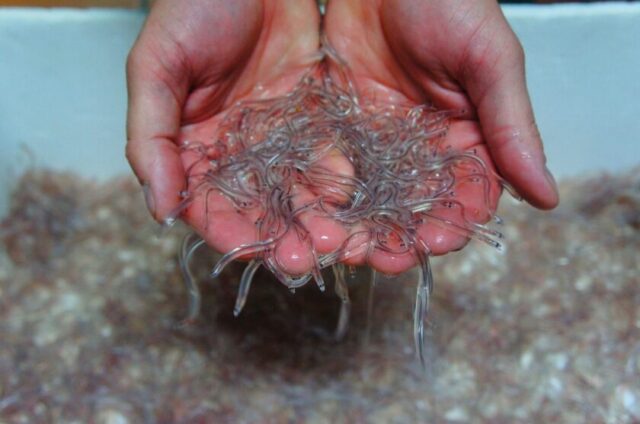 An international project on the conservation and sustainable use of endangered coastal and inland fish species for the sustainable livelihood of fishing and farming communities will be implemented in the municipality of Baracoa by the Food and Agriculture Organization of the United Nations (FAO), in conjunction with the Fisheries Research Center and the Fishing Industry Business Group.
An international project on the conservation and sustainable use of endangered coastal and inland fish species for the sustainable livelihood of fishing and farming communities will be implemented in the municipality of Baracoa by the Food and Agriculture Organization of the United Nations (FAO), in conjunction with the Fisheries Research Center and the Fishing Industry Business Group.
The project will provide tools for the proper care and management of biodiversity in fishing communities, and will allow for the development of better sustainable practices during fishing, in addition to promoting aquaculture and preventing the overexploitation of endangered marine species.
Onellys Borrero Campos, FAO Project Coordinator in Cuba, explained that the municipality of Baracoa was chosen because it has important watersheds such as the Toa, Miel, and Duaba rivers. Despite their importance to fishing communities, these rivers face environmental problems such as deforestation and aggregate extraction, which negatively impact the rivers and the species fished.
Research will also be conducted on glass eels, the main export product of the Baramar Fishing Subsidiary Company in Baracoa. Effective conservation measures will be proposed for the sustainability and development of the species until they reach the fattening stage, thereby generating greater added value for their subsequent commercialization.
The project aims to improve sectoral strategies involving agriculture and fisheries, establish sustainable management programs for the species, and to protect and conserve the hydrographic basins and marine ecosystems.
It will be a new source of employment for residents of fishing communities, who will be able to disseminate knowledge, procedures, and productive practices to mitigate negative environmental impacts, Borrero Campos stated.